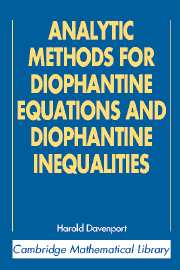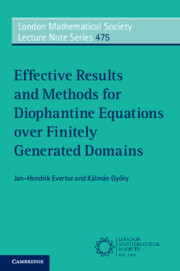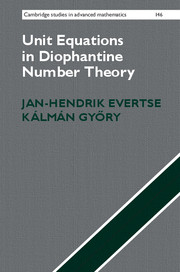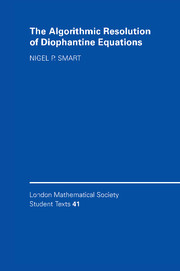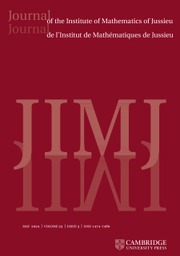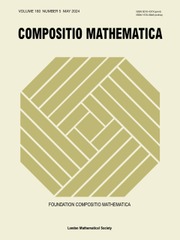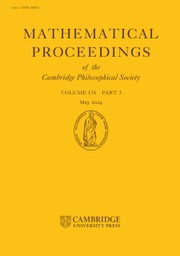Analytic Methods for Diophantine Equations and Diophantine Inequalities
Harold Davenport was one of the truly great mathematicians of the twentieth century. Based on lectures he gave at the University of Michigan in the early 1960s, this book is concerned with the use of analytic methods in the study of integer solutions to Diophantine equations and Diophantine inequalities. It provides an excellent introduction to a timeless area of number theory that is still as widely researched today as it was when the book originally appeared. The three main themes of the book are Waring's problem and the representation of integers by diagonal forms, the solubility in integers of systems of forms in many variables, and the solubility in integers of diagonal inequalities. For the second edition of the book a comprehensive foreword has been added in which three prominent authorities describe the modern context and recent developments. A thorough bibliography has also been added.
- A re-issue of a classic text
- A comprehensive foreword has been added in which three prominent authorities describe the modern context and recent developments
- A comprehensive bibliography and index has also been added
Product details
May 2005Paperback
9780521605830
160 pages
228 × 150 × 13 mm
0.26kg
Available
Table of Contents
- Preface
- Foreword
- 1. Introduction
- 2. Waring's problem: history
- 3. Weyl's inequality and Hua's inequality
- 4. Waring's problem: the asymptotic formula
- 5. Waring's problem: the singular series
- 6. The singular series continued
- 7. The equation C1xk1 +…+ Csxks=N
- 8. The equation C1xk1 +…+ Csxks=0
- 9. Waring's problem: the number G (k)
- 10. The equation C1xk1 +…+ Csxks=0 again
- 11. General homoogeneous equations: Birch's theorem
- 12. The geometry of numbers
- 13. cubic forms
- 14. Cubic forms: bilinear equations
- 15. Cubic forms: minor arcs and major arcs
- 16. Cubic forms: the singular integral
- 17. Cubic forms: the singular series
- 18. Cubic forms: the p-adic problem
- 19. Homogeneous equations of higher degree
- 20. A Diophantine inequality
- Bibliography
- Index.

